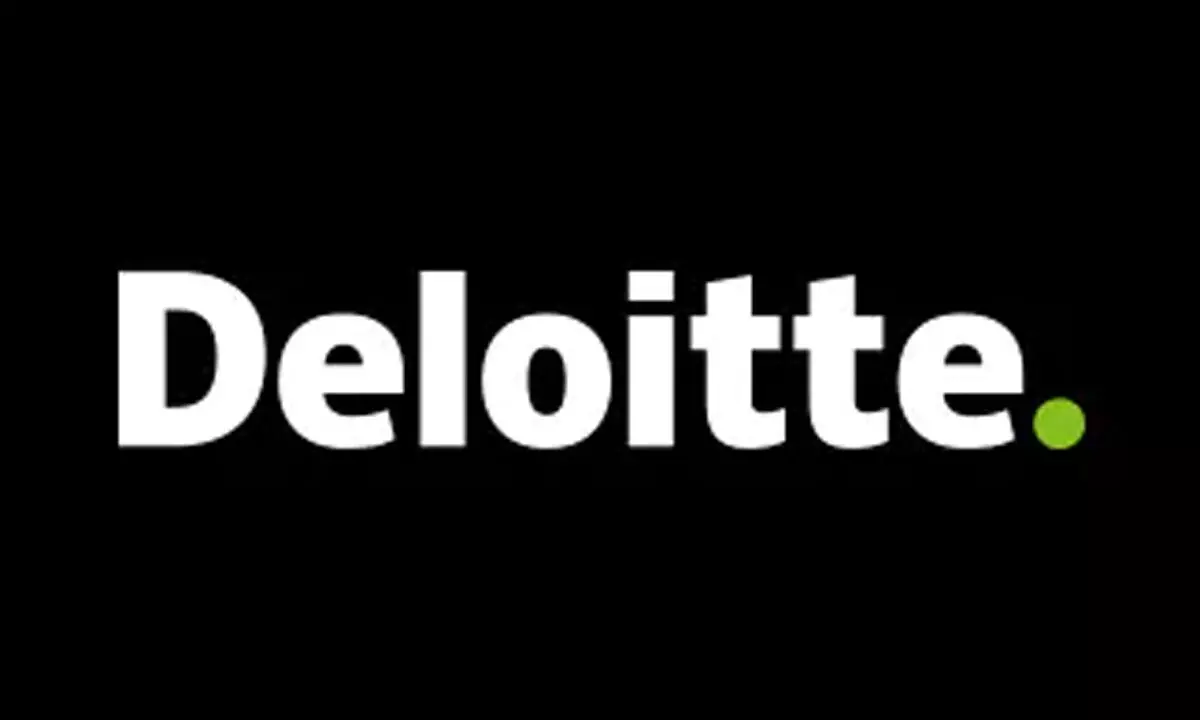Deloitte report: Pandemic caused huge learning loss

Deloitte report: Pandemic caused huge learning loss
Stresses on mandatory courses in personal hygiene, improving immunity, social skills without proximity, and using technology
Hyderabad: Deloitte's Yearly Status of School Education -2022 (YeSSE Report 2022) finds the learning loss caused by the pandemic has been immense. The reports emphasized that the governments need to proactively design the policy and regulations there is an equal need for schools to re-design and re-imagine their delivery models and communication mechanisms.
On the post-pandemic school education, the report specifically outlined that the pandemic has particularly affected the students who were at the critical stages of their education those who were in class XII, or those who were seeking admission to colleges. The learning loss caused by the pandemic is immense. While the government needs to proactively design the policy and regulations there is an equal need for schools to re-design and re-imagine their delivery models and communication mechanisms. There's a need to include mandatory courses in personal hygiene, improving immunity, social skills without proximity, and using technology.
Early Childhood Care and Education (ECCE) and Foundation of learning, refer to the National Education Policy-2020 (NEP-2020) which envisages that by 2030, all the students entering grade 1 will be school ready through ECCE. Focussing on physical and motor development, cognitive development, socio-emotional-ethical development, cultural/artistic development, focusing on communication and early language, literacy, and numeracy.
Further, the policy envisages that National Curricular and Pedagogical Framework for Early Childhood Care and Education (NCPFECCE) shall be developed by NCERT. It will include a sub-framework for 0–3-year-olds and another for 3–8-year-olds. That apart, it also includes a guide for parents (particularly for the 0–3-year period) and for institutions (for a 3–8-year period).
In implementing the NEP-2020, the focus has been on working on a new curriculum focusing on learning outcomes, from pre-primary to Class 12. In line with the policy that focuses on early childhood education, the council has been entrusted with the responsibility of preparing a three-month study module for students in Class 1 to make them school-ready. Modules on numerical literacy, with a special focus on younger children.
Multiple initiatives being undertaken across the country within two years of the NEP launch provide hope that NEP will be implemented with speed and scale and that the government ecosystem is building the necessary skills and systems for this purpose.
The report also mentions India's key statistics and trends in school education. The five states with the highest number of schools are Uttar Pradesh followed by Madhya Pradesh, Maharashtra, Rajasthan, and West Bengal. Similarly, the top five states with the highest number of enrolments are Uttar Pradesh, Bihar, Maharashtra, West Bengal, and Rajasthan.








